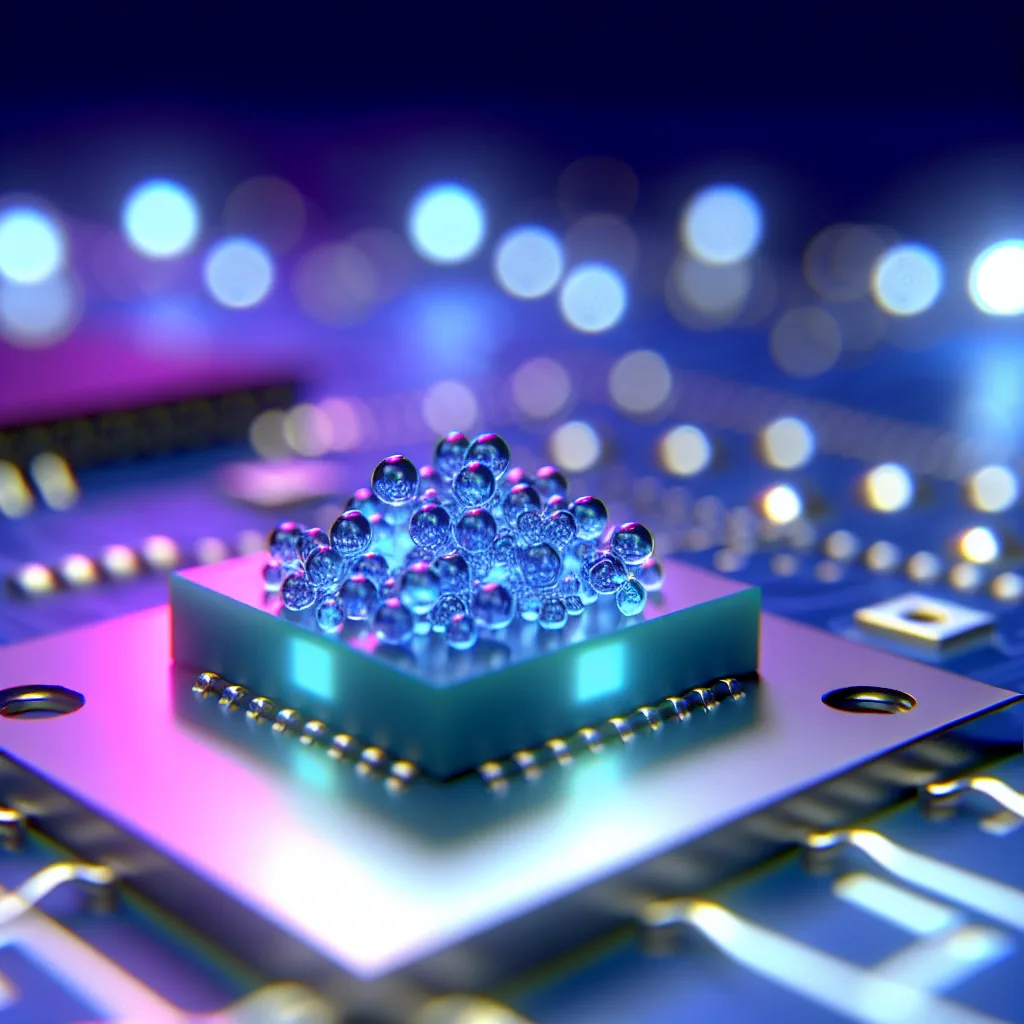Exploring the potential of molecular electronics in artificial intelligence advancements
When we talk about the future of AI, lots of folks immediately think about bigger, faster computers or smarter algorithms. But what if the next big leap comes from molectronics AI — that tiny, molecular scale tech that’s quietly making waves? Recently, a new molecular electronics chip was developed that hit a milestone once thought impossible for half a century. While right now it’s mainly geared toward biosensing for medical applications, the question on many minds is: can molectronics AI have a place in the broader world of artificial intelligence?
What Is Molectronics AI?
In simple terms, molectronics deals with technology built around molecules acting as electronic components, instead of traditional silicon chips. It’s a niche but promising area that’s been under research for decades. Imagine getting the same (or even better) computing power packed into devices on an atomic or molecular scale. This could mean computers far smaller and potentially far more efficient.
The recent breakthrough with molecular chips, like the one reported in early 2025, has proven that decades-old ideas are becoming reality. This specific chip can detect biological info at a molecular level — great for medical tech. But the same principles could extend into AI hardware, where tiny, efficient, and specialized chips might handle specific AI tasks.
Why Molectronics Could Matter for AI
AI today depends heavily on conventional semiconductor chips. These chips do great but have limits. Heat, size, energy consumption — these are constant challenges especially as AI models grow larger and more complex. Molectronics AI could tackle some of these headaches by offering:
- Miniaturization: Molecular components shrink size drastically.
- Energy Efficiency: Smaller parts mean less power needed.
- Speed: Potential to switch states faster at a molecular level.
Using molectronics AI, future systems might integrate AI directly into smaller devices or even wearable tech without sacrificing power or battery life. There’s a lot of speculation, but the possibility is there.
The Road Ahead
Right now, molectronics AI is still early days for AI-specific use. The medical biosensor chip is a proof of concept, showing we can build functional molecular electronics. However, turning this into AI hardware means more research, investment, and testing.
It’s likely we’ll see hybrid approaches first — combining traditional semiconductor chips with molecular chips specialized for certain AI functions. This could be the best of both worlds for a while.
If you’re curious to dive deeper, here’s the original breakthrough article that talks about the new molecular electronics chip.
For some background on AI and hardware challenges, the folks at NVIDIA provide great insights into current tech and what’s next.
And if you want to geek out on molecular electronics in general, Nature Nanotechnology’s publications offer solid research papers and reviews.
Wrapping Up
Molectronics AI isn’t mainstream yet, but it’s quietly building the foundation for what could be a fascinating new frontier in AI hardware. Whether it becomes a major player or part of a hybrid solution, it’s worth keeping an eye on. Sometimes, the tiniest tech makes the biggest difference.
